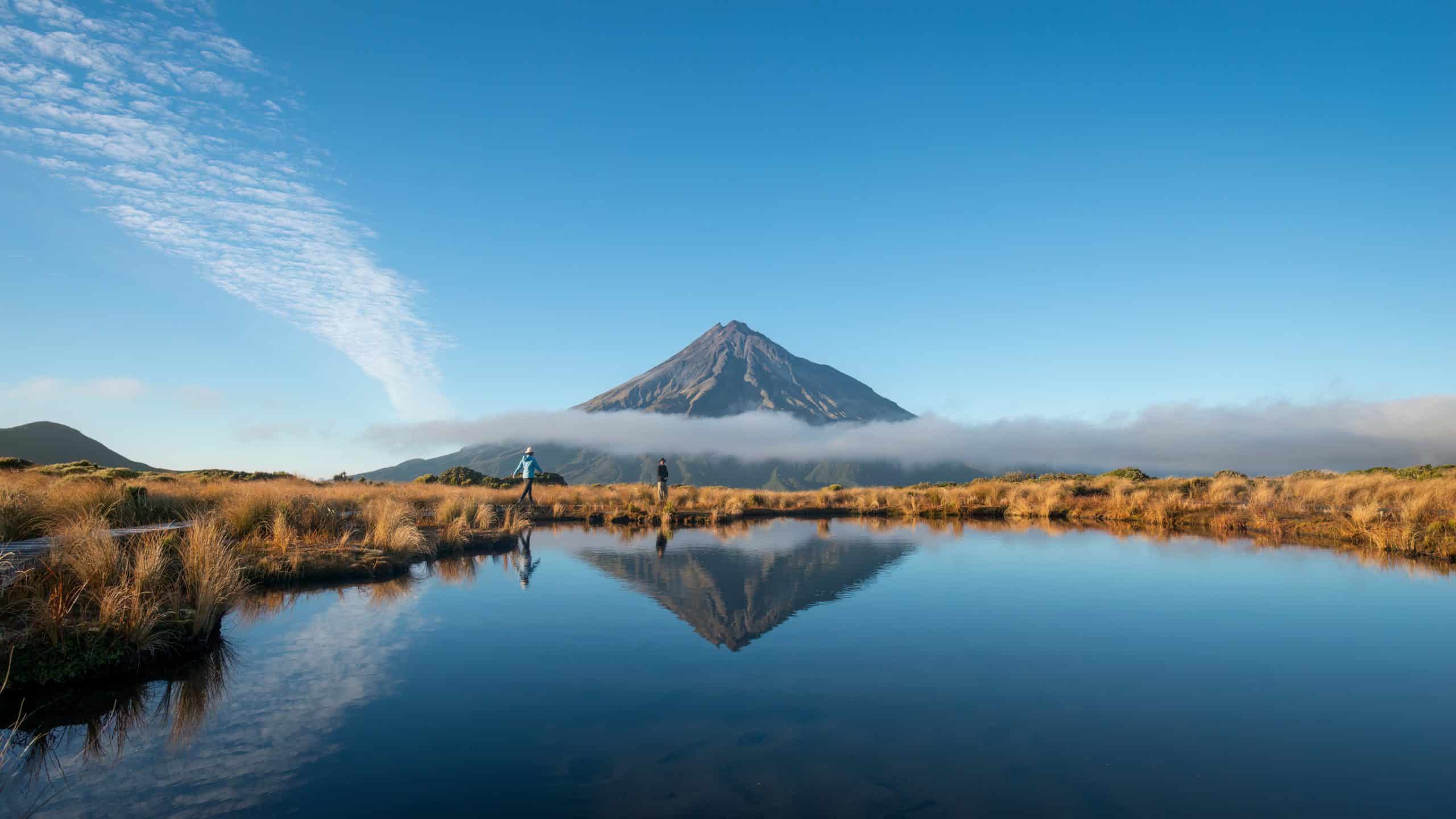Image Credit: janicec1990/123rf.com
New Zealand’s North Island has made significant strides in recognizing Indigenous rights and environmental protection with the recent unanimous decision by Parliament to grant legal personhood to Taranaki Mounga, a revered volcanic peak. This landmark legislation, passed last month, establishes that Taranaki Mounga, now officially named Te Kāhui Tupua, will receive the same legal protections as an individual, marking it as the third natural feature in the country to gain this status, following the Te Urewera and the Whanganui River.
The new law signifies an important cultural shift, severing ties with the colonial-era name, Mount Egmont, and acknowledging the mountain’s status as an ancestor to the Taranaki Māori. The legislation comes as the final step in a 2016 settlement that recognized historical grievances suffered by the Taranaki iwi, which include the confiscation of 1.2 million acres of land by the British Crown in the 19th century, leading to significant displacement and loss of access to sacred sites.
In addition to symbolic recognition, the law establishes a governing body that includes both Crown and iwi representatives to oversee the interests of Taranaki Mounga. This framework is designed to embed Indigenous values within Western legal systems, promoting a transformative approach to the relationship between people and nature. The legal personhood of the mountain is expected to foster changes in behavior and attitudes toward environmental stewardship among visitors.
This decision has been lauded as a historic moment not only for the Taranaki Māori but for New Zealand as a whole. It represents a commitment to right historical wrongs and acknowledges the deep and enduring connection between the Māori and their ancestral lands. While the law does not return the land to Māori ownership, it affirms their identity and relationship with Taranaki Mounga.
New Zealand’s innovative approach to environmental personhood is beginning to attract international attention as a potential model for integrating Indigenous rights with ecological conservation. By recognizing natural landscapes as living entities deserving of rights and protections, the country is pioneering a new legal paradigm that may influence global practices in environmental and Indigenous rights. For the Taranaki Māori, this victory is more than just legal acknowledgment; it represents a promise to honor and protect their ancestral mountain for future generations.
Check out the original article here: Source link



